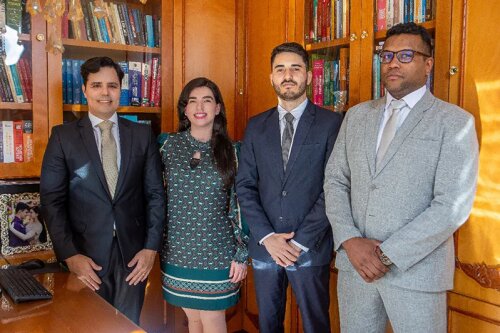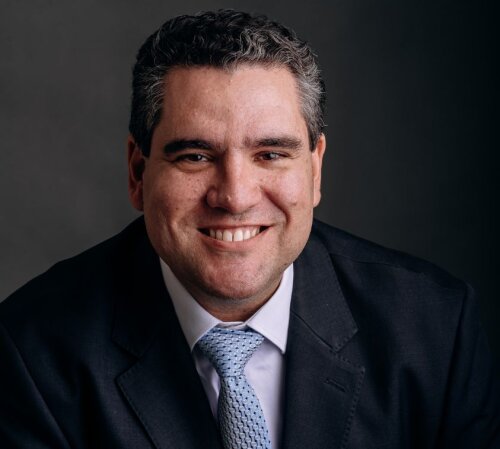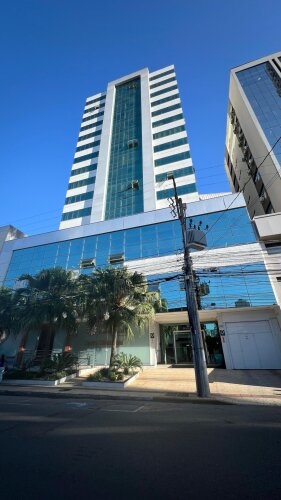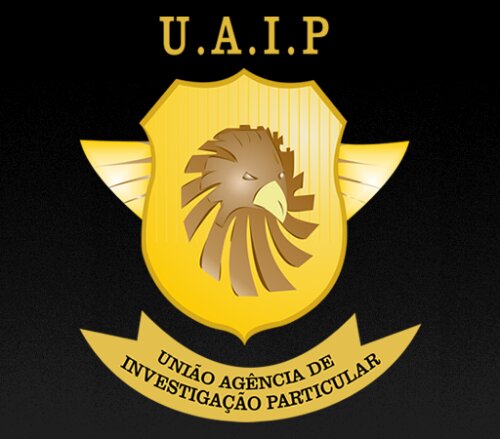Best Elder Abuse Law Lawyers in Brazil
Share your needs with us, get contacted by law firms.
Free. Takes 2 min.
Or refine your search by selecting a city:
List of the best lawyers in Brazil
About Elder Abuse Law in Brazil
Elder abuse law in Brazil is designed to protect the rights and well-being of older adults, ensuring they are treated with dignity and respect. The legal framework addresses various forms of abuse, including physical, emotional, psychological, and financial exploitation. The Statute of the Elderly (Estatuto do Idoso), enacted in 2003, is a crucial piece of legislation that sets out the rights of individuals aged 60 and above and outlines the obligations of families, communities, and the government in safeguarding these rights.
Why You May Need a Lawyer
There are several situations where individuals may require legal assistance regarding elder abuse law in Brazil. These include:
- Experiencing or witnessing any form of abuse or neglect towards an elderly person.
- Dealing with financial exploitation or fraud involving an older adult’s assets.
- Navigating complex healthcare and elder care arrangements that result in conflicts.
- Advocating for better living conditions or addressing inadequate elder care services.
- Handling disputes over inheritance or managing an elder’s estate correctly.
Local Laws Overview
The Statute of the Elderly is pivotal in protecting elder rights in Brazil. Key aspects include:
- Right to Dignity and Respect: Elders are entitled to their fundamental rights and freedoms, protection from any form of discrimination, and priority in receiving public services.
- Protection from Abuse: The Statute criminalizes various forms of elder abuse, including neglect, abandonment, and exploitation, imposing penalties on perpetrators.
- Health and Social Services: Elders are guaranteed access to comprehensive health care and social services to maintain their well-being.
- Financial Security: Laws protect elder citizens’ benefits, pensions, and financial resources from undue influence and exploitation.
- Legal Proceedings: The Statute provides elders with access to the judiciary for protection of their rights and allows for expedited legal processes in urgent cases.
Frequently Asked Questions
What is considered elder abuse under Brazilian law?
Elder abuse includes physical, emotional, or psychological harm, neglect, abandonment, or financial exploitation. Any action that harms or jeopardizes an elder's dignity or well-being can be classified as abuse.
How does the Statute of the Elderly protect older adults?
The Statute of the Elderly provides a comprehensive legal framework that guarantees the rights of older citizens, criminalizes various forms of abuse, and establishes systems for reporting and addressing elder abuse.
What should I do if I suspect elder abuse?
If you suspect elder abuse, it is important to report it to local authorities, such as the police or social services. Seeking legal advice from an experienced attorney can also help in taking further action.
Are there special legal protections for elder financial exploitation?
Yes, the Statute of the Elderly includes provisions to combat financial exploitation of elders, such as fraud and undue influence over financial decisions.
Can elder abuse cases be reported anonymously?
In most cases, abuse can be reported anonymously. Brazilian authorities prioritize the protection of individuals who report such cases to encourage more people to come forward.
What penalties exist for elder abuse under Brazilian law?
Penalties for elder abuse can range from fines to imprisonment, depending on the severity and nature of the abuse. Brazilian law takes such offenses seriously to protect the elder population.
How can I ensure an elder's will is legally binding?
To ensure an elder's will is legally binding, it should be drafted with the assistance of a qualified attorney, witnessed, and signed in accordance with Brazilian legal requirements.
What rights do Brazilian elders have in healthcare decisions?
Elders in Brazil have the right to make informed decisions about their healthcare and treatment options. Legal measures exist to protect elders’ autonomy and to support them if they display symptoms of diminished capacity.
Can elder abuse occur in institutional settings?
Yes, elder abuse can occur in institutional settings, such as nursing homes and long-term care facilities. These institutions are required to adhere to strict standards of care under Brazilian law.
Is there support for families of abused elders?
Yes, there are support groups and legal resources available for families of abused elders to provide guidance, emotional support, and assistance in taking legal action.
Additional Resources
If you are seeking more information or assistance, consider reaching out to:
- Public Prosecutor’s Office (Ministério Público): A governmental body that can address complaints and initiate legal proceedings.
- Legal Aid Services: Many states offer free or low-cost legal services for elder abuse cases.
- Elder Support Organizations: Non-profits such as Conselho Nacional dos Direitos do Idoso and Conselho Estadual do Idoso offer support and resources.
Next Steps
If you need legal assistance regarding elder abuse, consider taking the following steps:
- Contact a Lawyer: Engage a lawyer specializing in elder abuse law to help navigate the complexities of your situation.
- Document Evidence: Collect and document any evidence of abuse or neglect, including photographs, medical records, and witness statements.
- Report the Abuse: Officially report the abuse to authorities and any relevant professional bodies.
- Seek Support: Reach out to organizations and community resources for additional support and information.
- Stay Informed: Keep informed about the rights of elders and any changes to the law to better advocate for yourself or loved ones.
Lawzana helps you find the best lawyers and law firms in Brazil through a curated and pre-screened list of qualified legal professionals. Our platform offers rankings and detailed profiles of attorneys and law firms, allowing you to compare based on practice areas, including Elder Abuse Law, experience, and client feedback.
Each profile includes a description of the firm's areas of practice, client reviews, team members and partners, year of establishment, spoken languages, office locations, contact information, social media presence, and any published articles or resources. Most firms on our platform speak English and are experienced in both local and international legal matters.
Get a quote from top-rated law firms in Brazil — quickly, securely, and without unnecessary hassle.
Disclaimer:
The information provided on this page is for general informational purposes only and does not constitute legal advice. While we strive to ensure the accuracy and relevance of the content, legal information may change over time, and interpretations of the law can vary. You should always consult with a qualified legal professional for advice specific to your situation.
We disclaim all liability for actions taken or not taken based on the content of this page. If you believe any information is incorrect or outdated, please contact us, and we will review and update it where appropriate.
Browse elder abuse law law firms by city in Brazil
Refine your search by selecting a city.
















